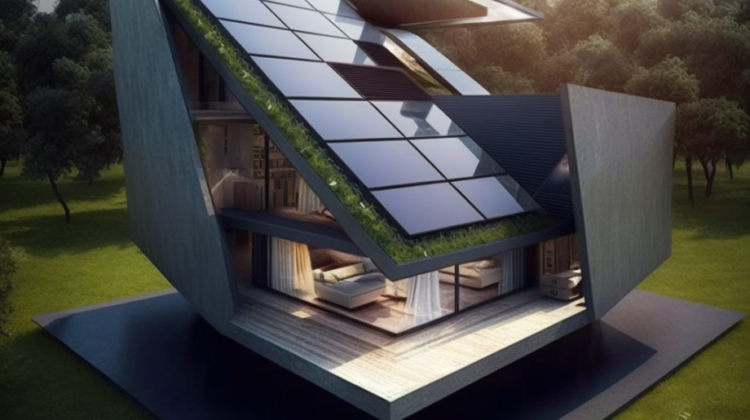
As the world moves towards a more sustainable future, adopting renewable energy sources such as solar power has become increasingly popular. However, many people would prefer to invest in solar panels due to the perceived high costs associated with installation and maintenance. In this article, we will explore the cost of solar panels and whether they are worth the investment.
Let us first examine the upfront expenses involved in installing solar panels. In recent years, there has been a considerable reduction in the cost of solar panels, making them more accessible and economical for homeowners. According to the National Renewable Energy Laboratory, the average price of solar panels in the United States has dropped from $8 per watt in 2009 to $2.50 per watt in 2021. This decrease in cost is primarily due to technological advances and increased production of solar panels.
While the initial installation cost may seem high, it’s essential to consider the long-term savings solar panels can provide. Solar panels can significantly reduce or even eliminate your monthly electricity bills, depending on the system’s size and energy consumption. There are instances where homeowners can sell surplus energy back to the grid, which could yield a profit.
Many state and federal programs also offer incentives for homeowners who install solar panels. These incentives can include tax credits, rebates, and other financial incentives that can offset the initial cost of installation.
Another factor to consider is the maintenance and upkeep of solar panels. While solar panels do require some maintenance, it is minimal compared to the maintenance needed for traditional energy sources. Solar panels typically require cleaning every few months to ensure maximum efficiency, and a qualified technician can do any necessary repairs.
In terms of durability, solar panels are designed to withstand extreme weather conditions and can last up to 25 years or more. This means that homeowners can expect to recoup the initial installation cost and continue saving on energy costs for many years to come.
Considering the environmental advantages of solar panels when evaluating their cost-effectiveness is crucial. Solar energy is a renewable energy source that does not generate greenhouse gas emissions, making it a green and sustainable substitute for conventional energy sources. Opting for solar panel installation can enable homeowners to decrease their carbon footprint and positively contribute towards a more sustainable future.
Moreover, installing solar panels adds value to your home, making it more attractive to potential buyers. Homes with solar panels are in high demand and are typically sold at a premium price. This means that the investment in solar panels provides a long-term financial benefit and increases the overall value of your property.
Another consideration when evaluating the cost of solar panels is the payback period. This refers to the time it takes for the savings from reduced energy bills to cover the initial cost of installation. The payback period varies depending on factors such as the size of the solar panel system, energy consumption, and local electricity rates. However, on average, the payback period for residential solar panels is between 5 and 10 years. After the payback period, homeowners can enjoy significant savings on their energy bills.
It’s also worth noting that solar panels provide energy independence, as homeowners no longer rely on the grid for their energy needs. This is especially important during power outages or natural disasters, where traditional energy sources may be unavailable. Solar panels give homeowners peace of mind knowing they have a reliable and sustainable energy source.
While the initial cost of installing solar panels may seem daunting, it is important to consider the long-term benefits that they provide. Solar panels offer significant savings on energy bills, contribute to a more sustainable future, and increase the overall value of your property. With the decreasing cost of solar panels and the availability of incentives and financial programs, now is an excellent time for homeowners to invest in solar energy. The transition to solar power can offer homeowners both financial and ecological benefits, while also playing a role in creating a sustainable future for future generations.